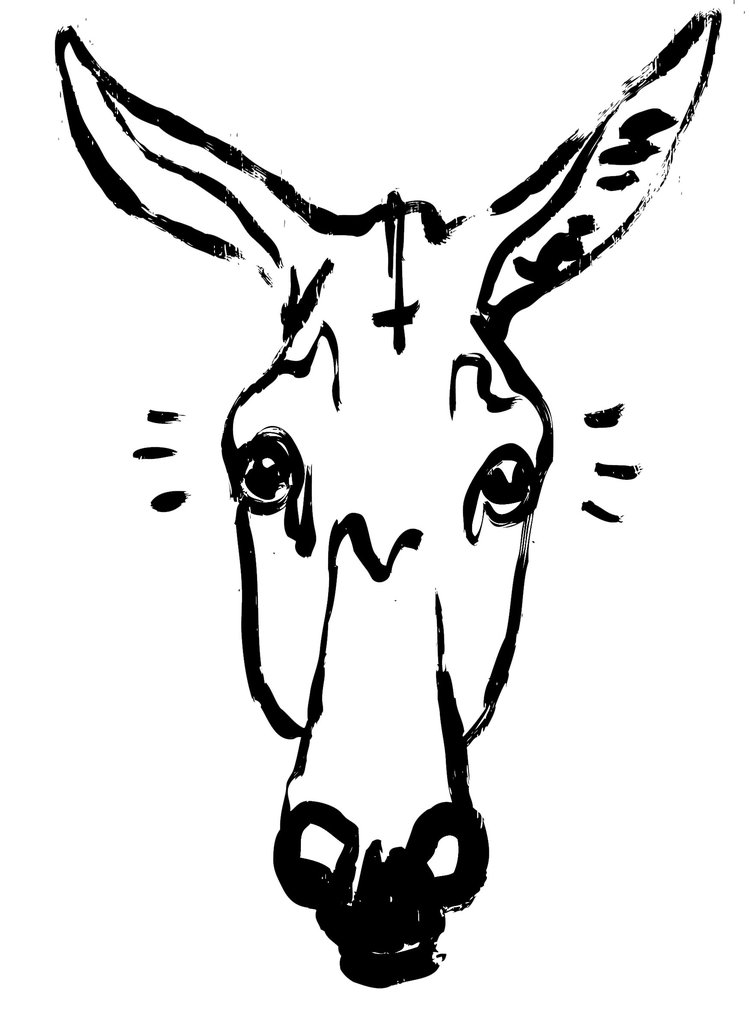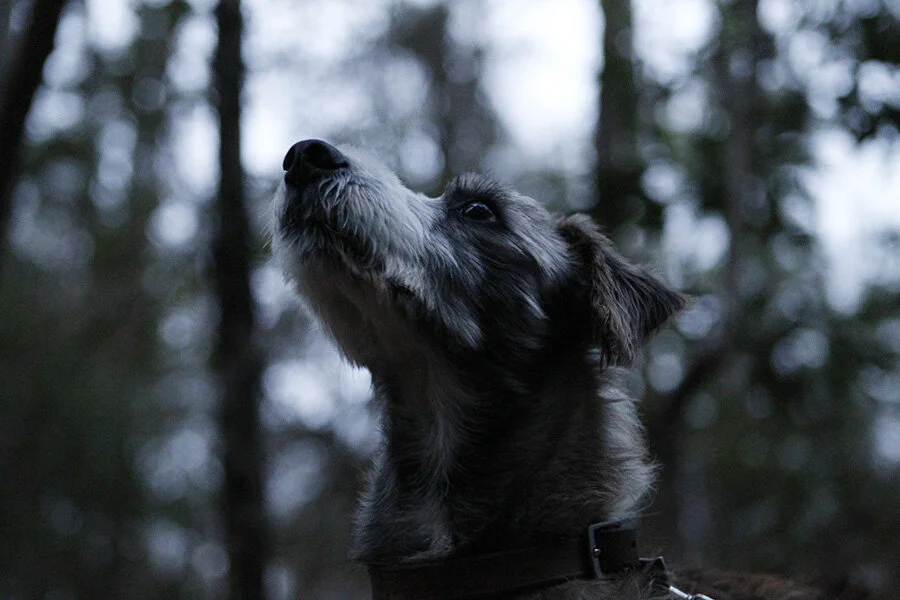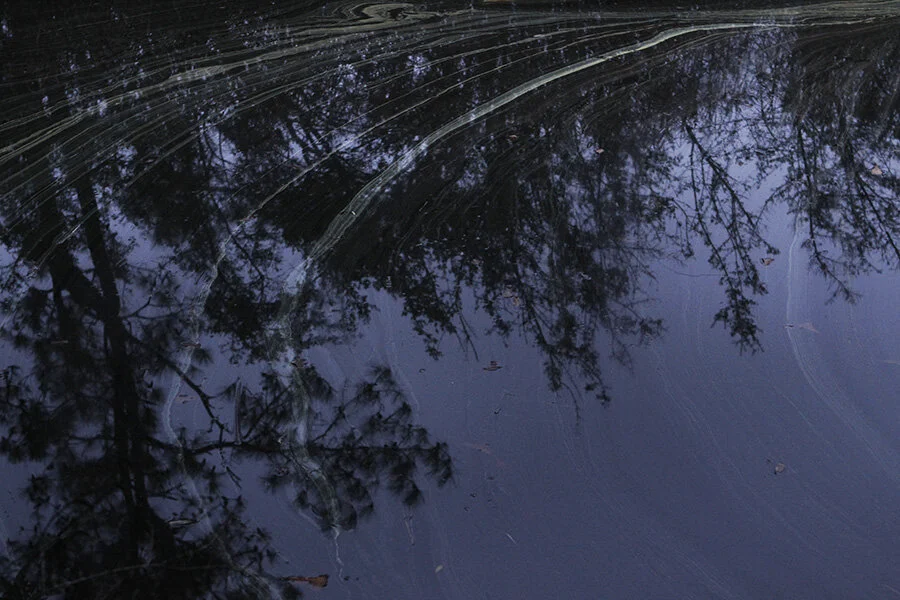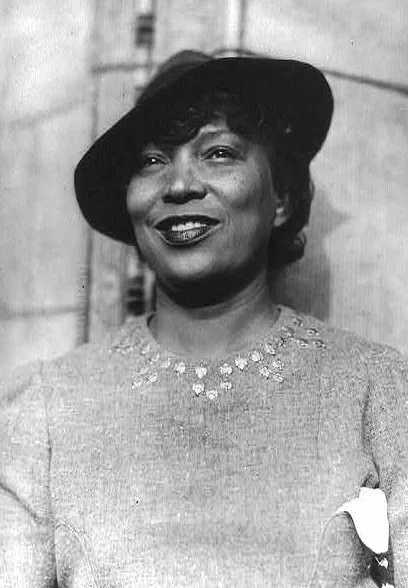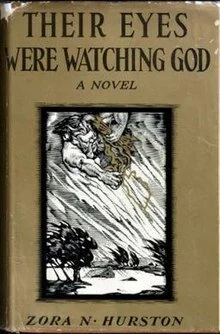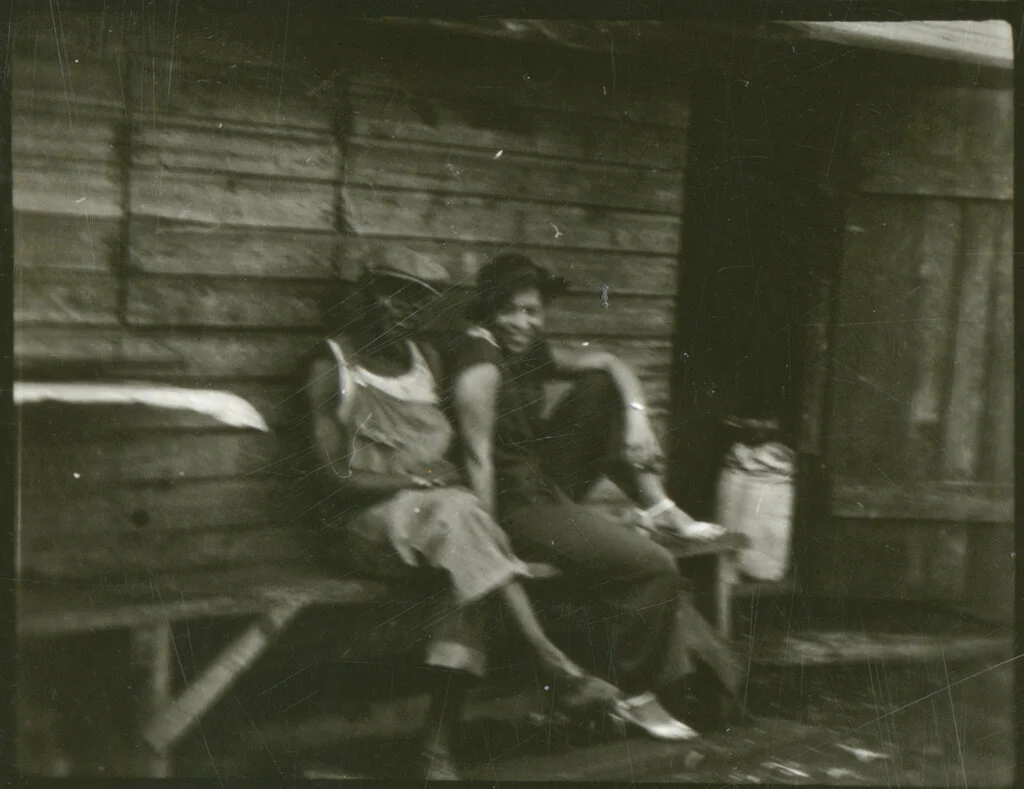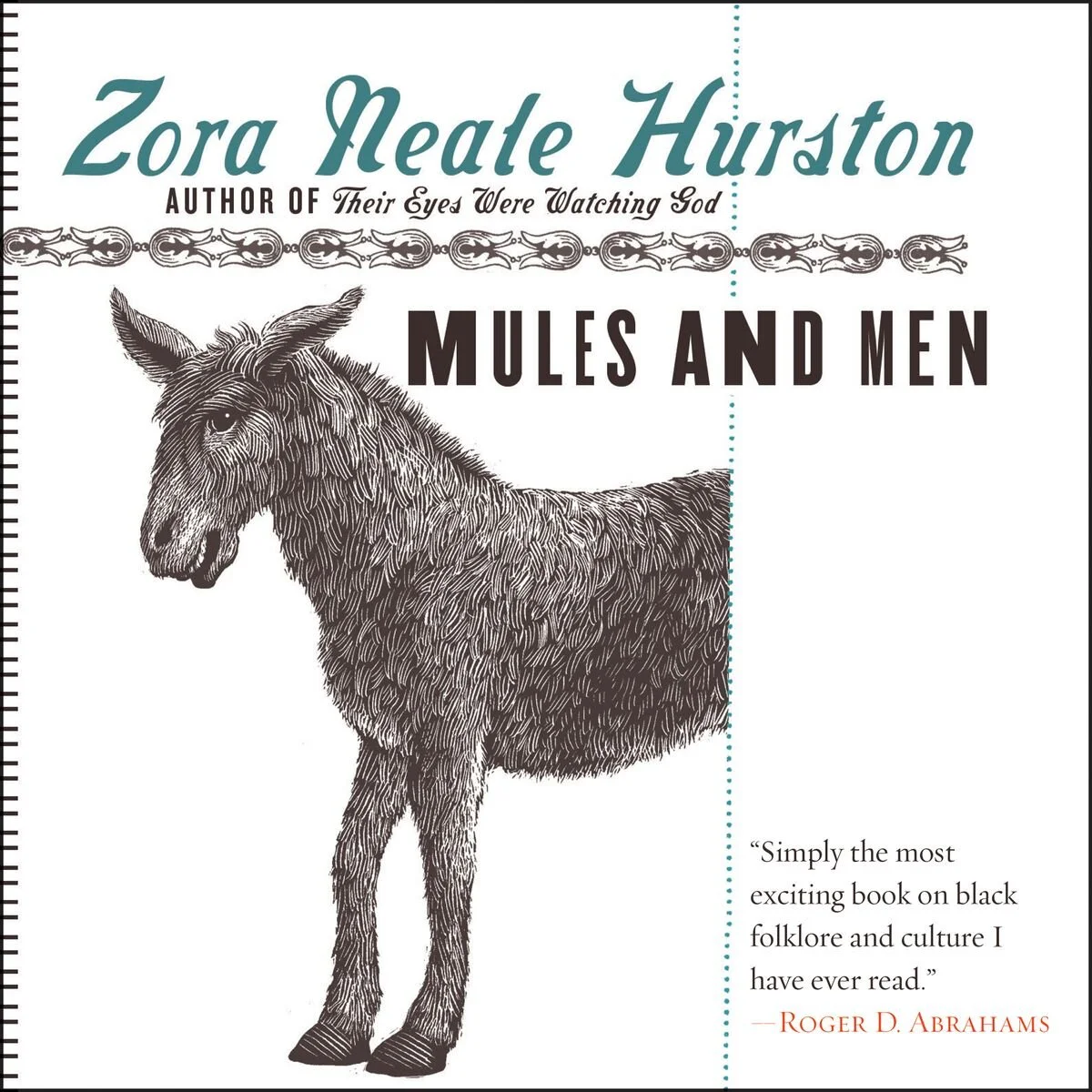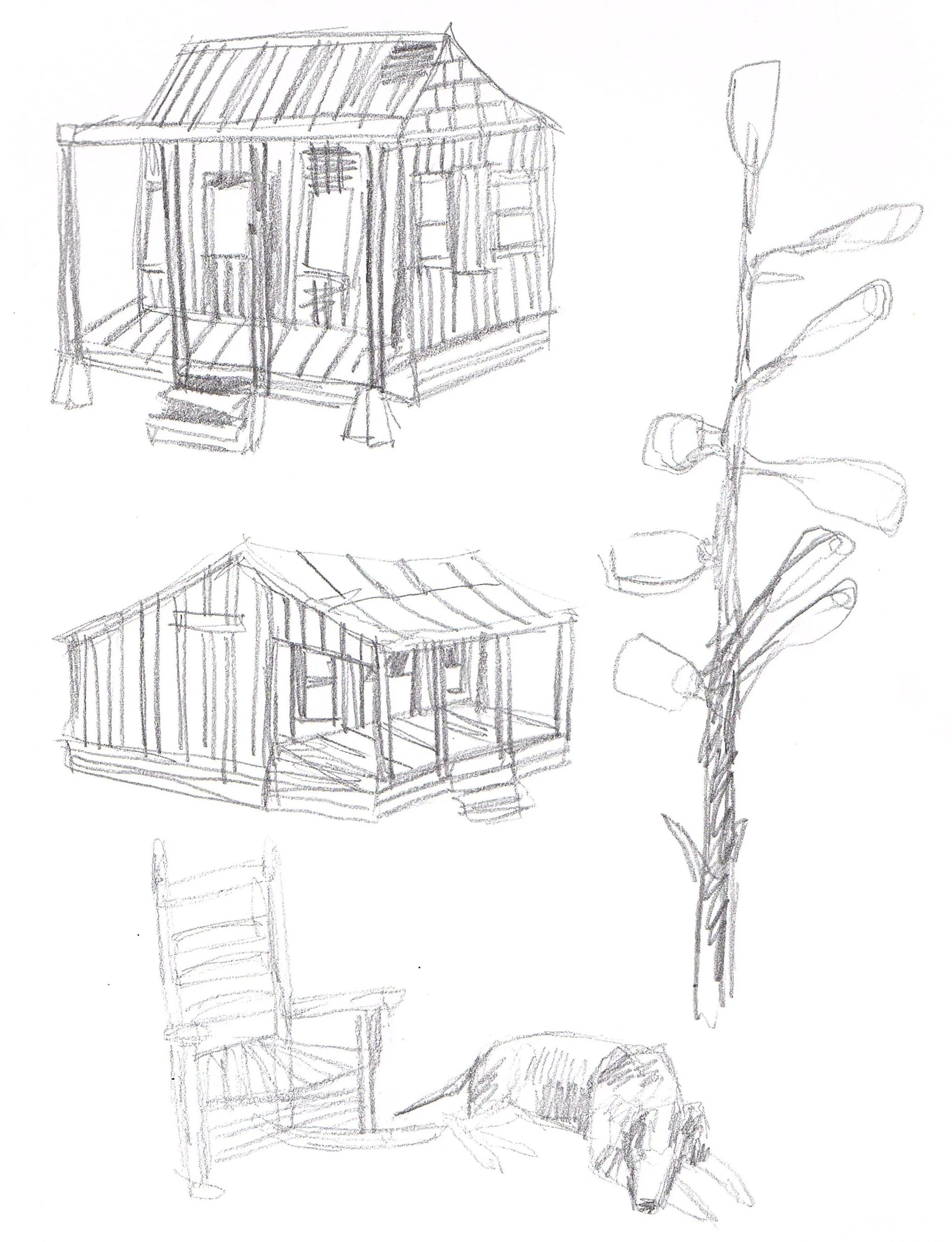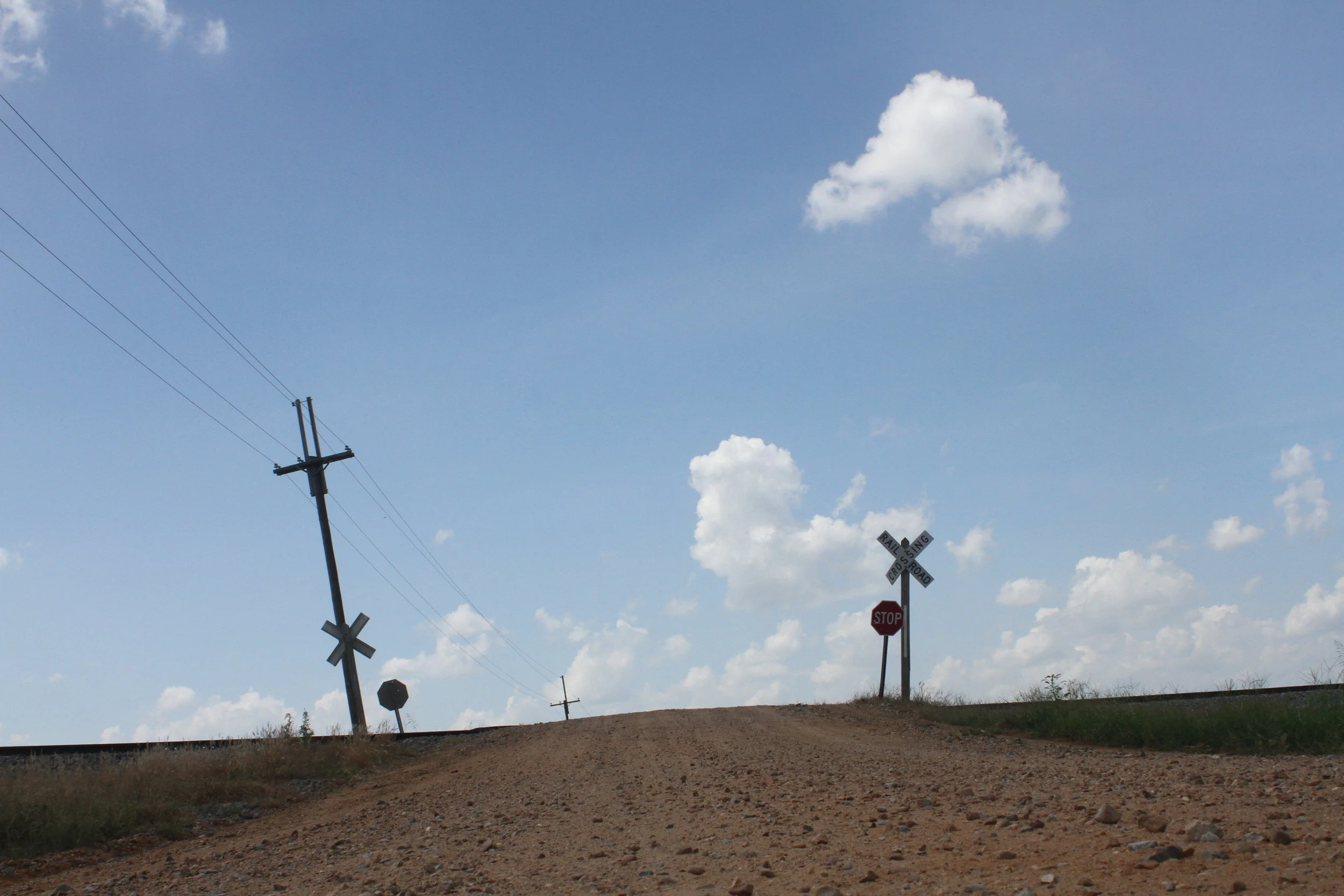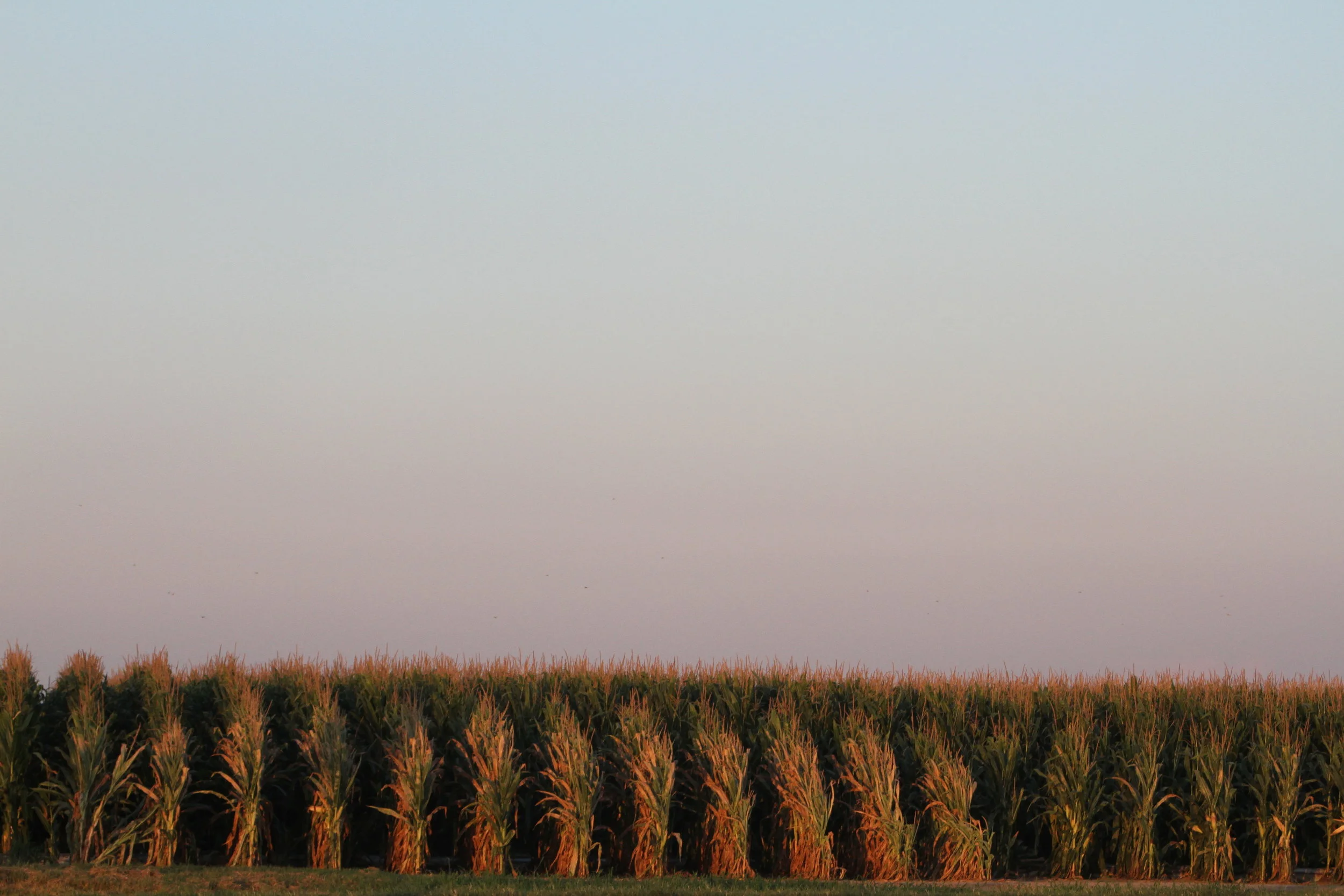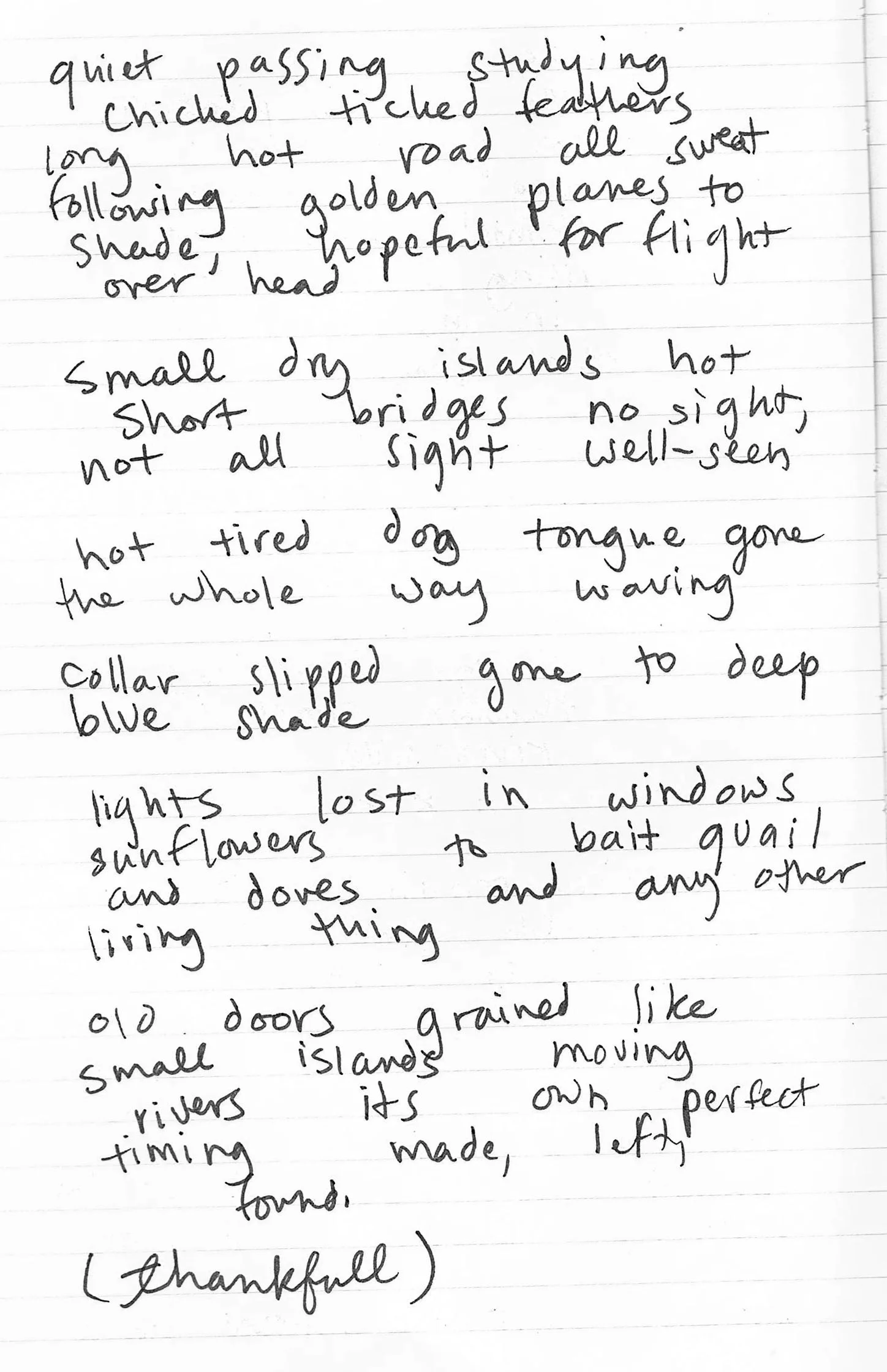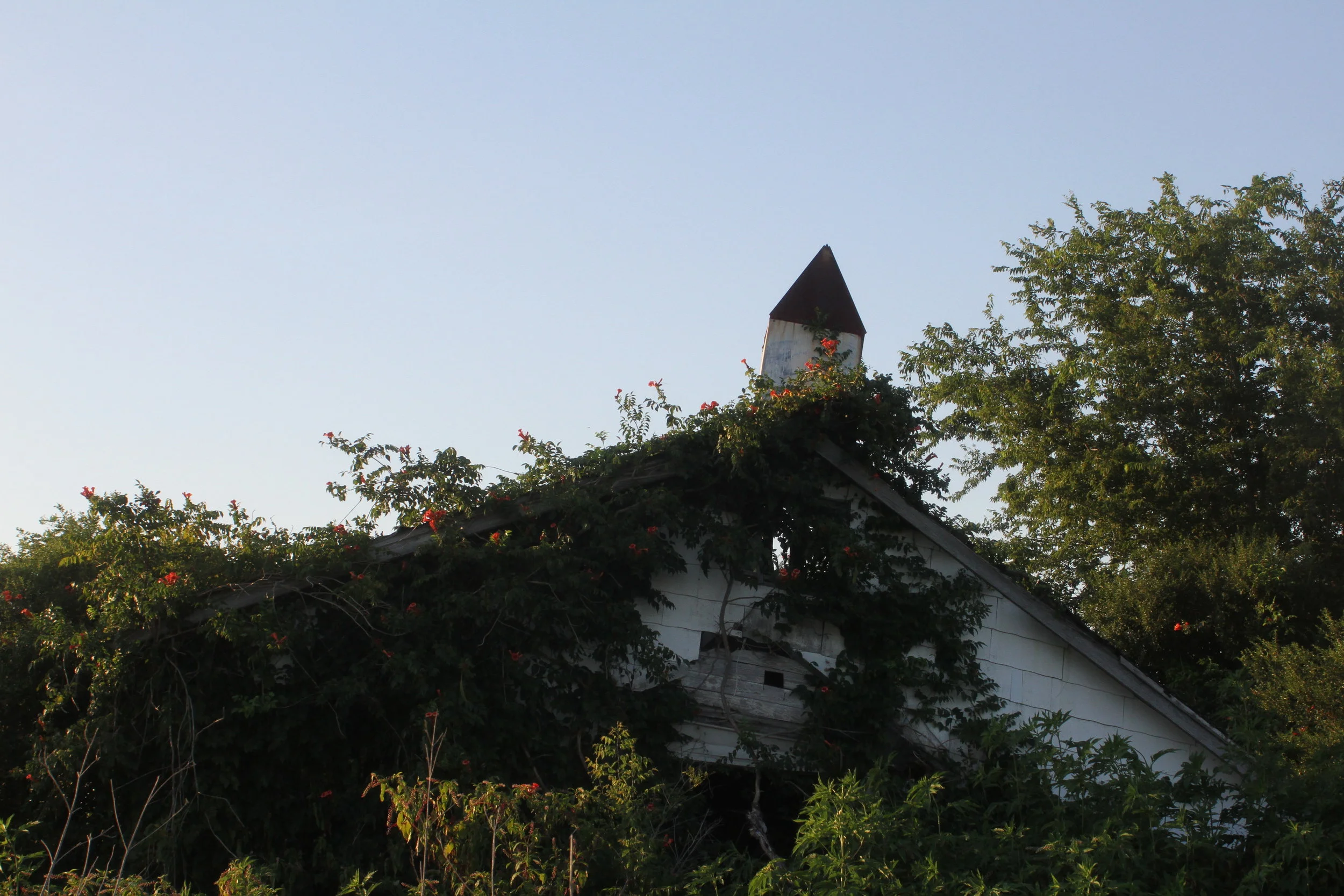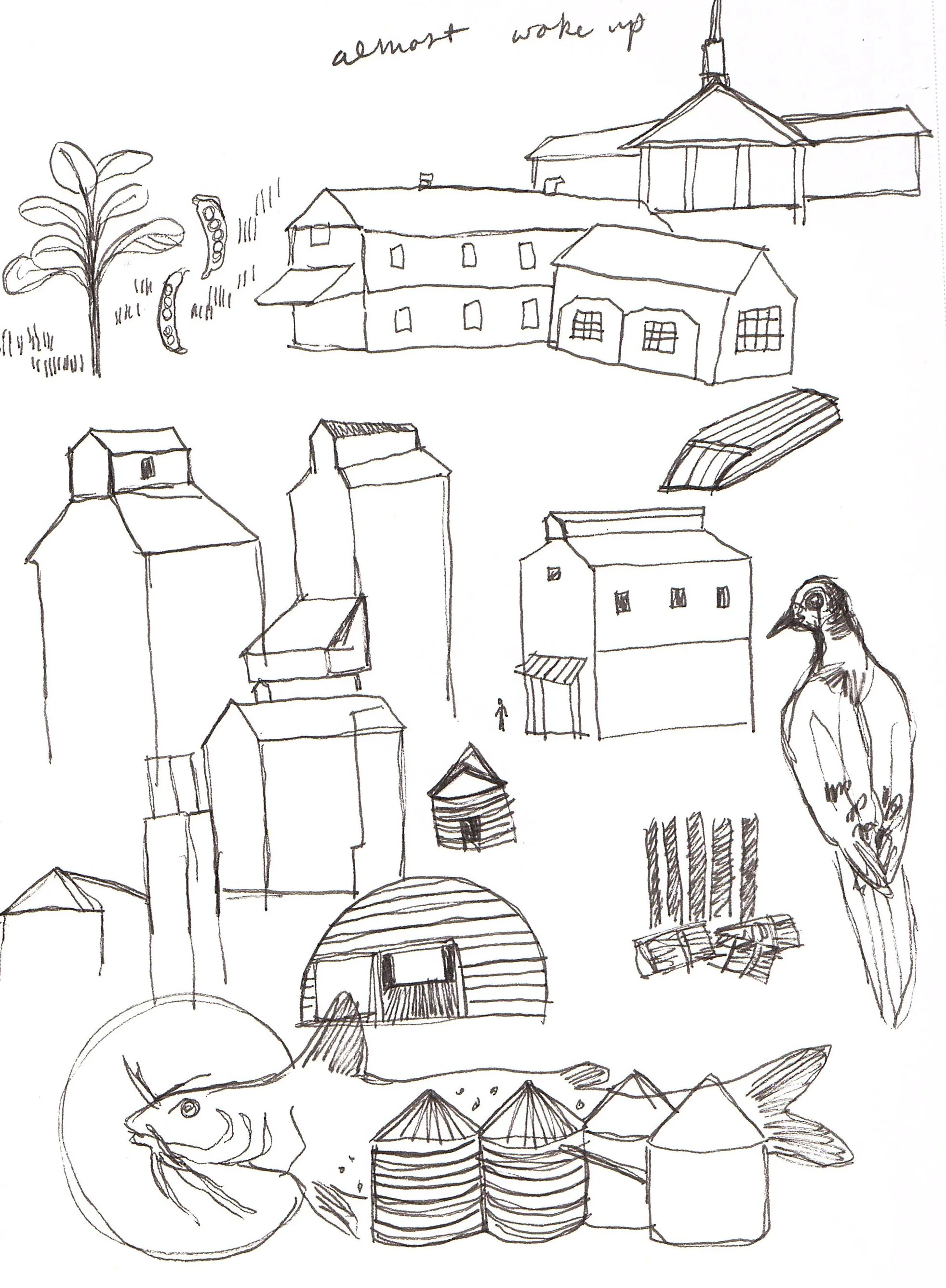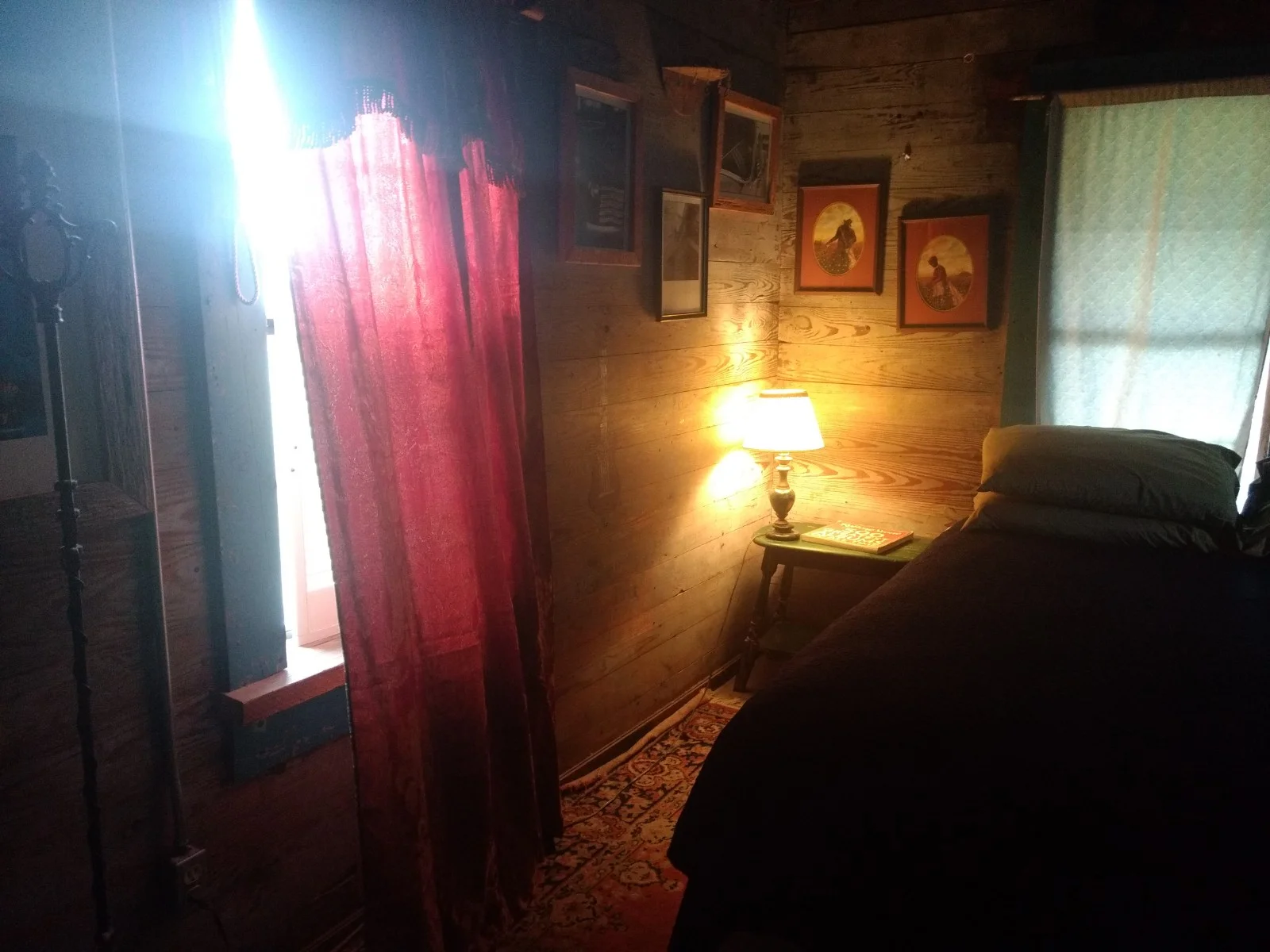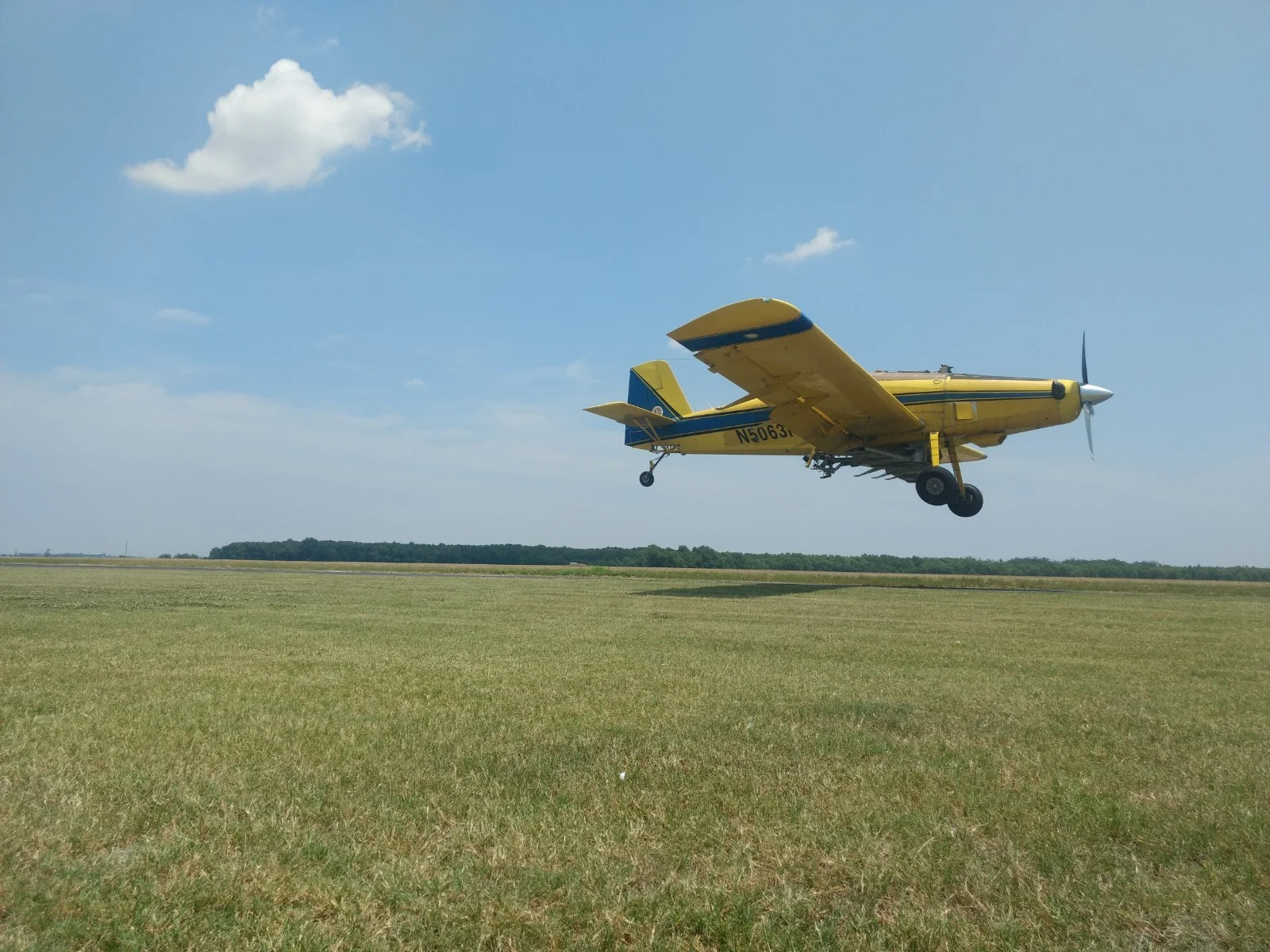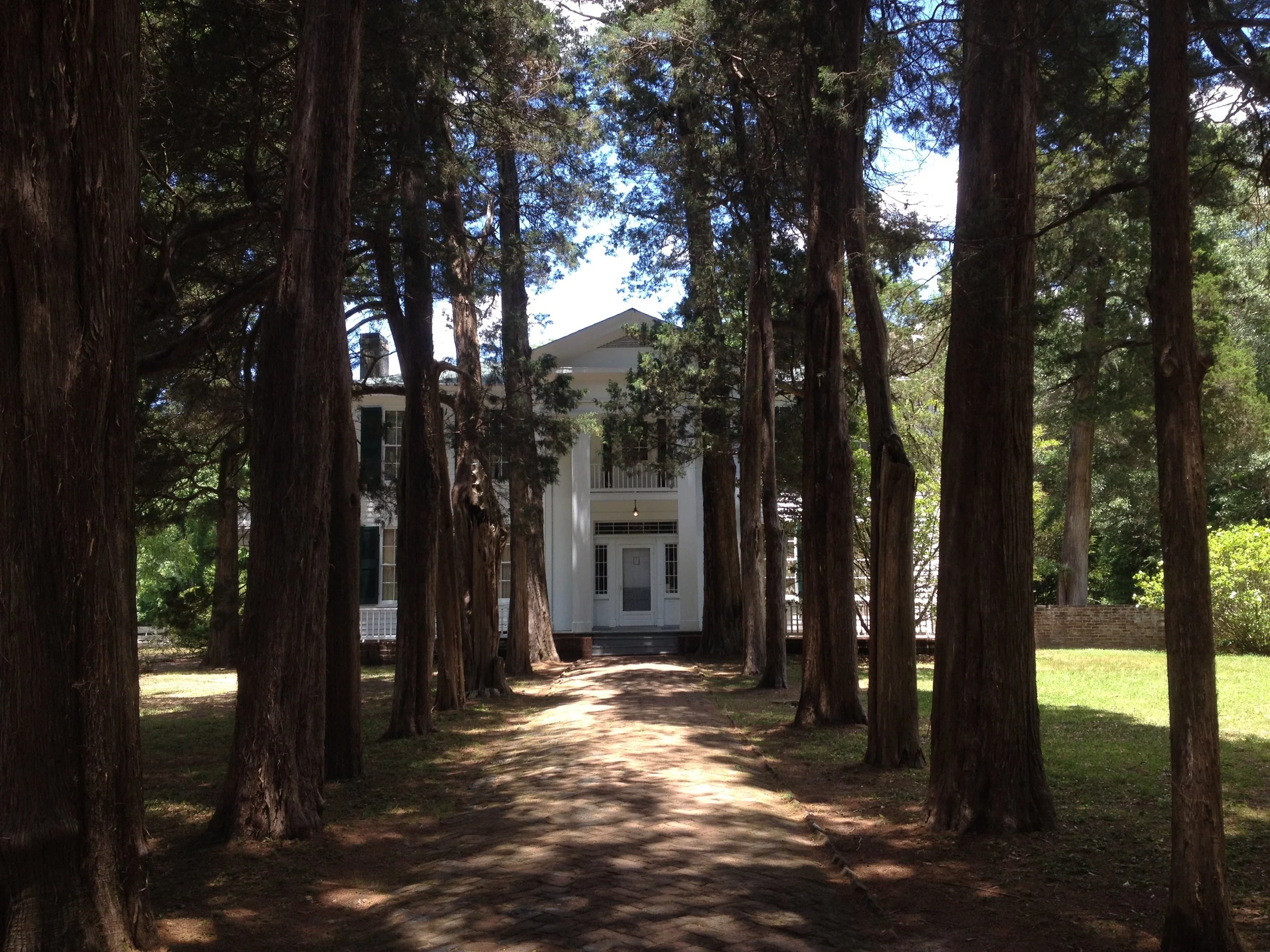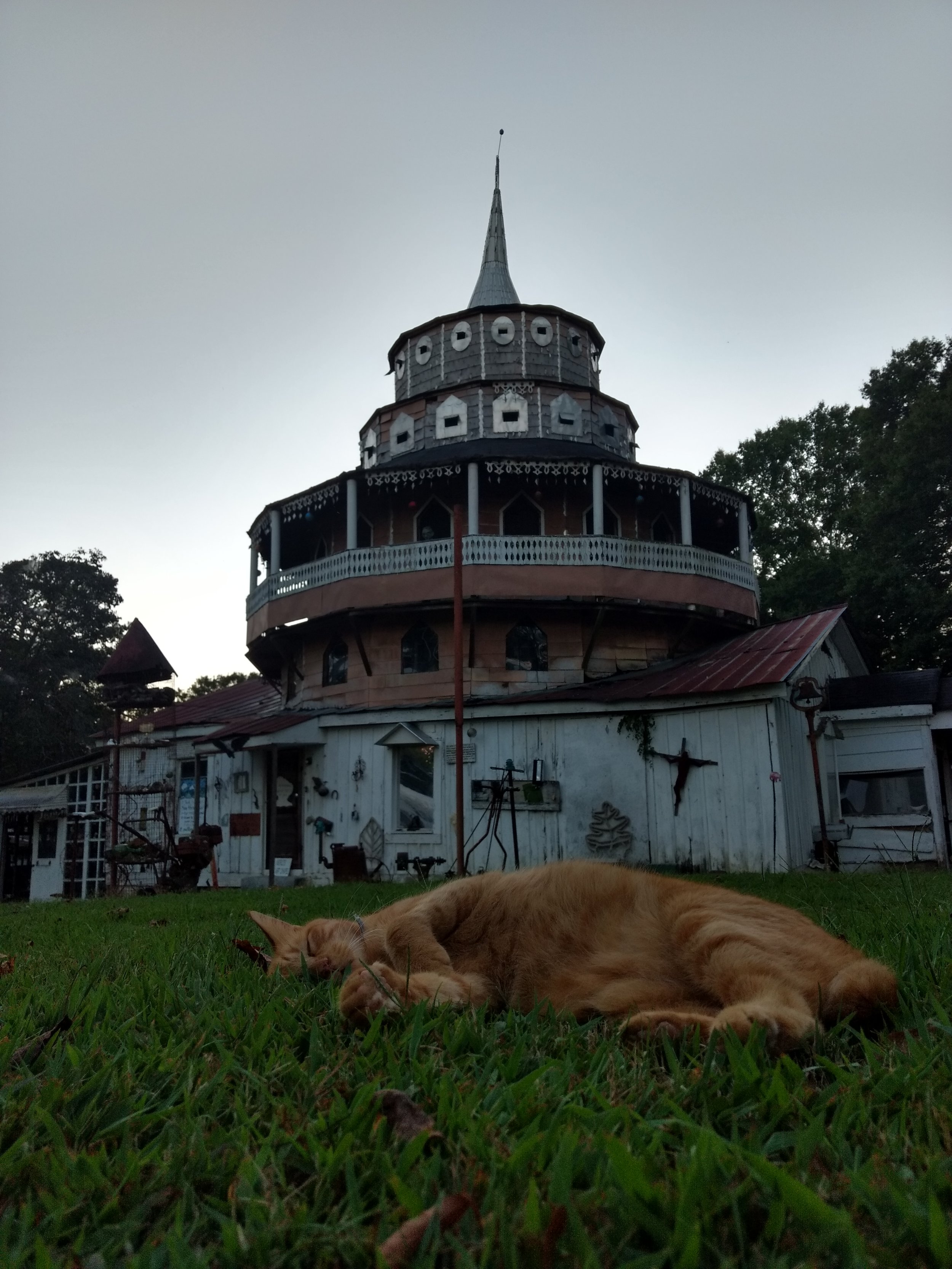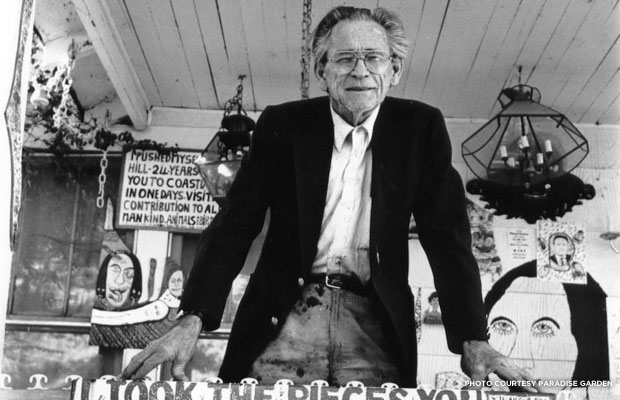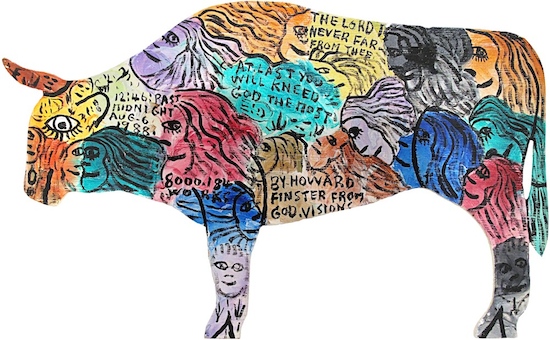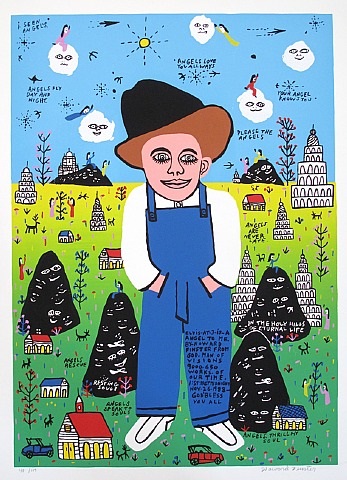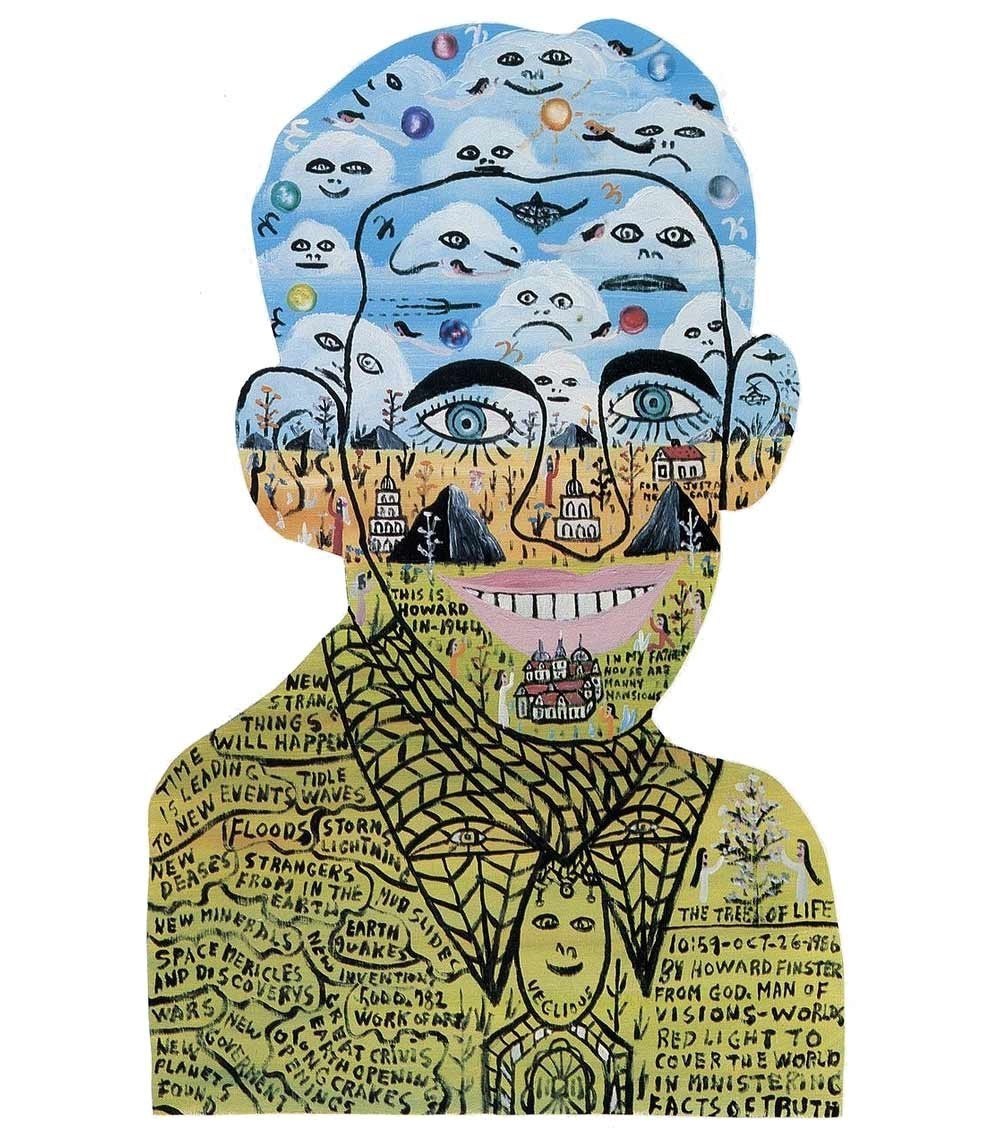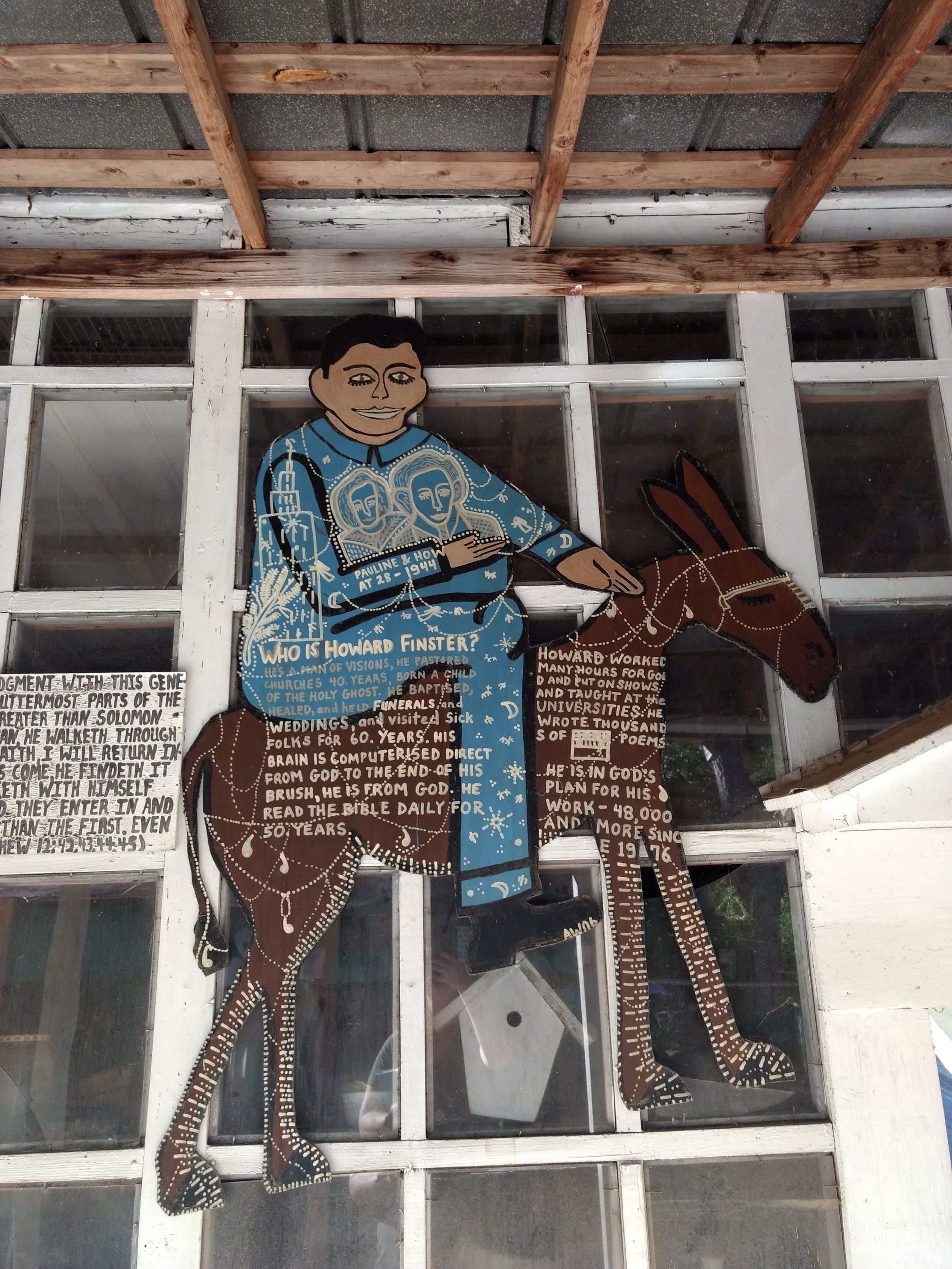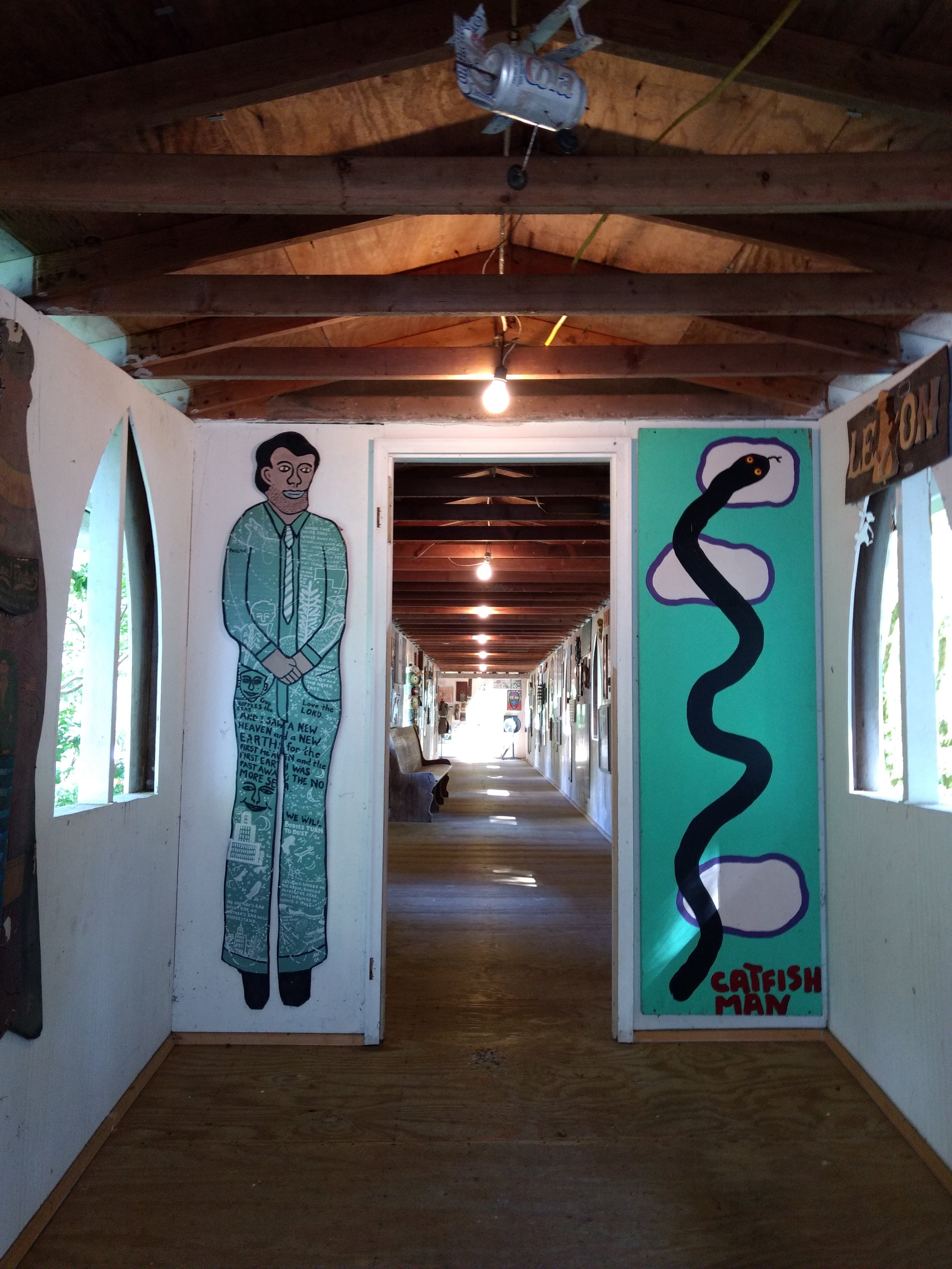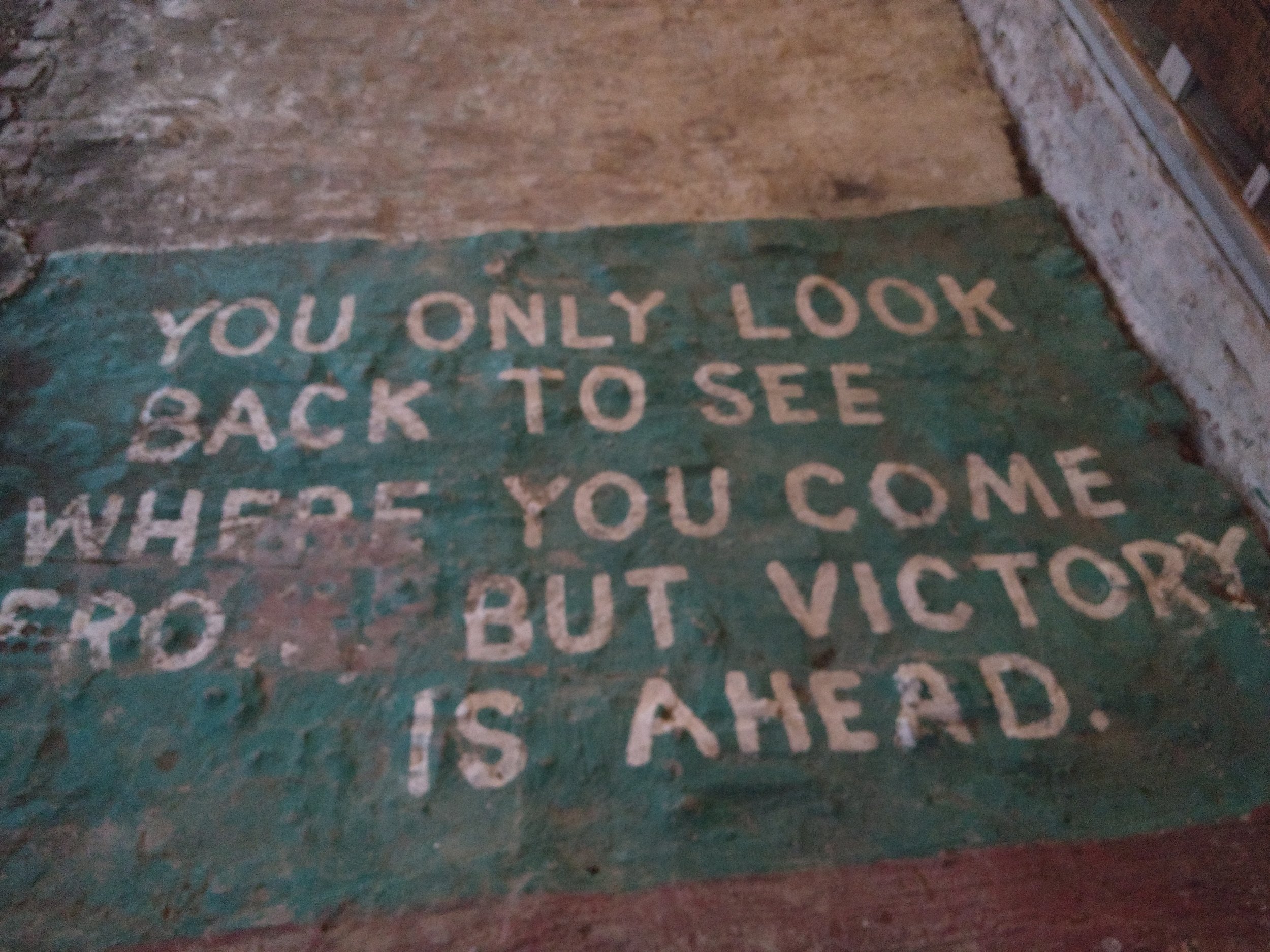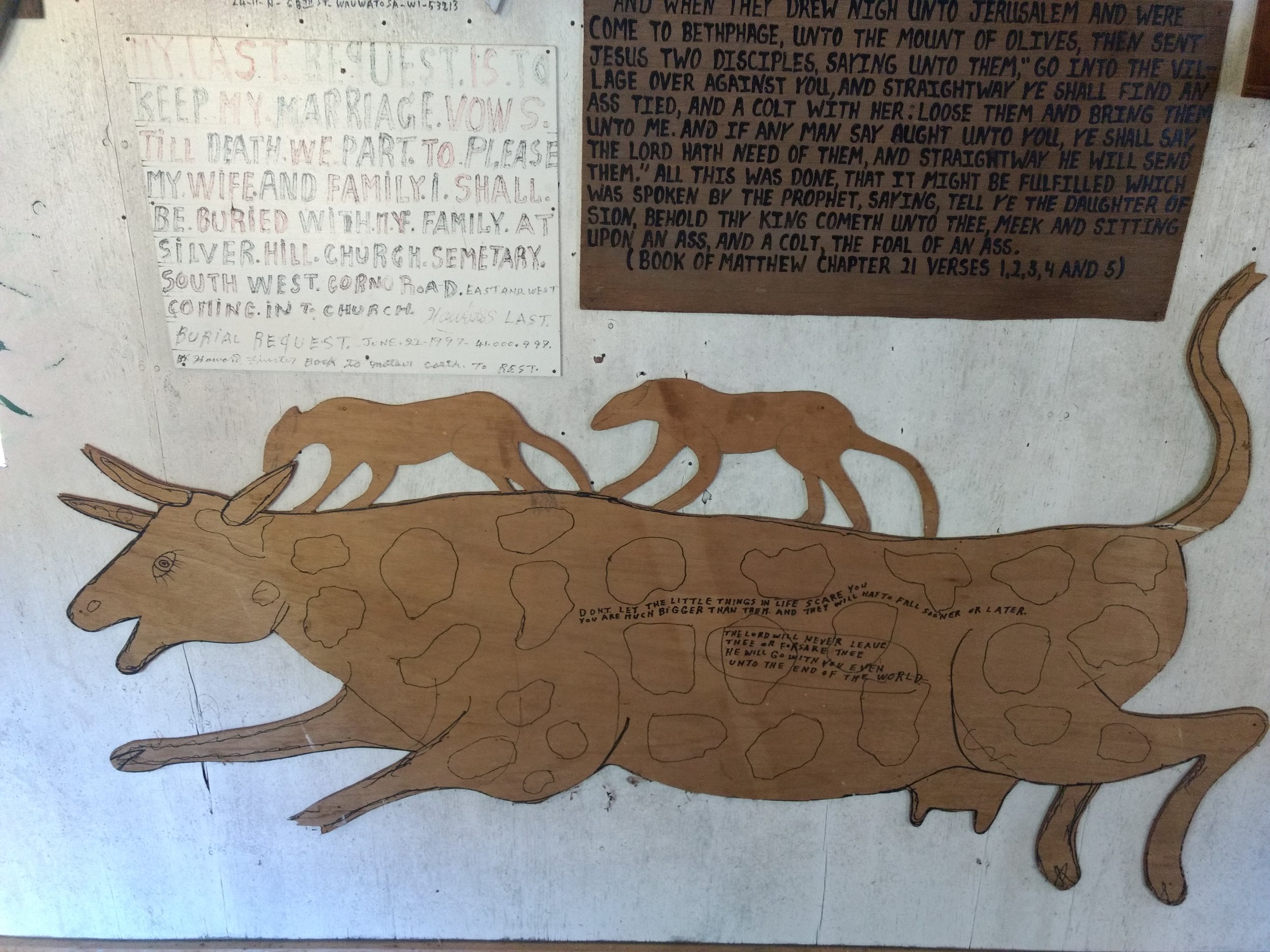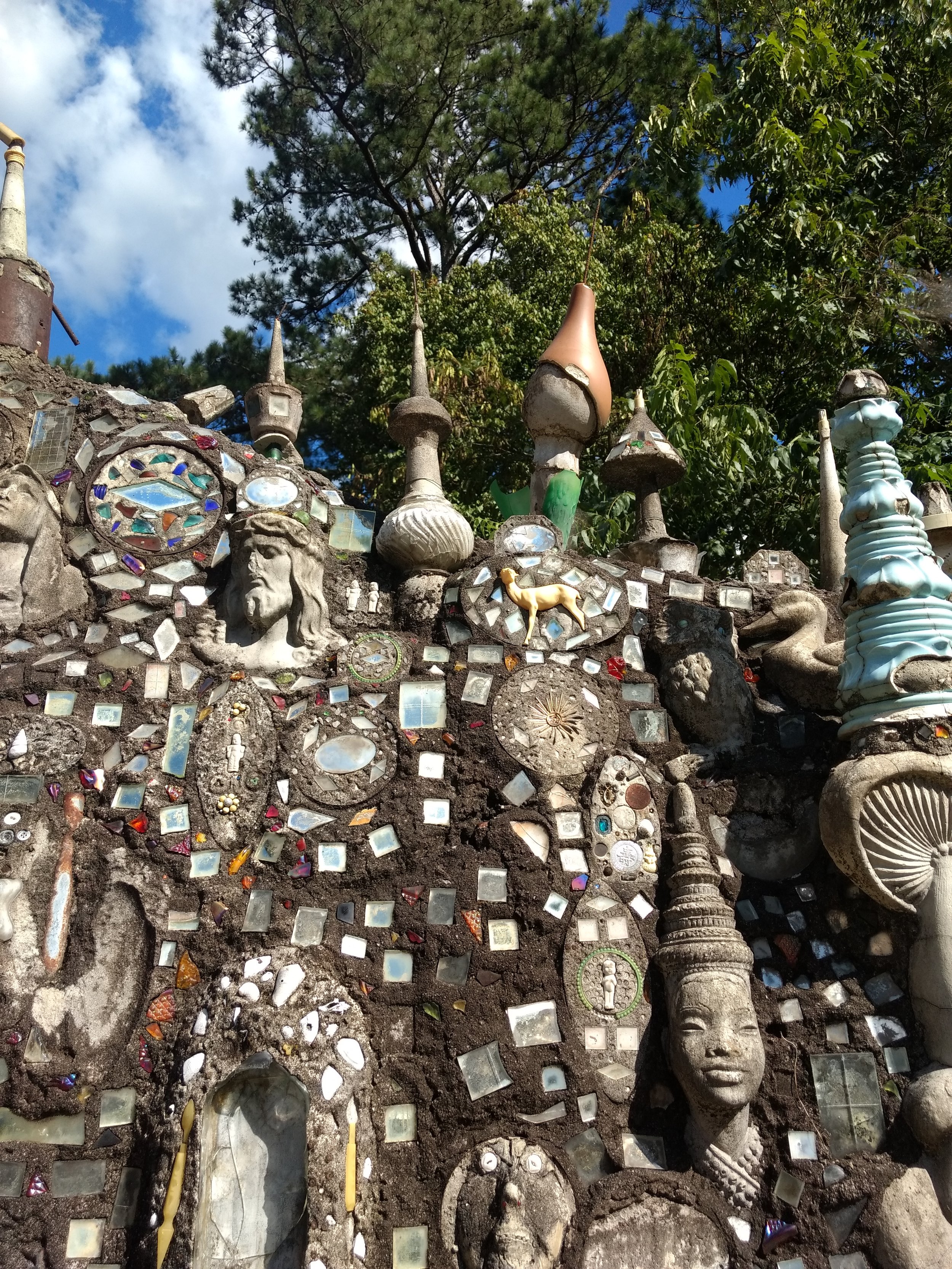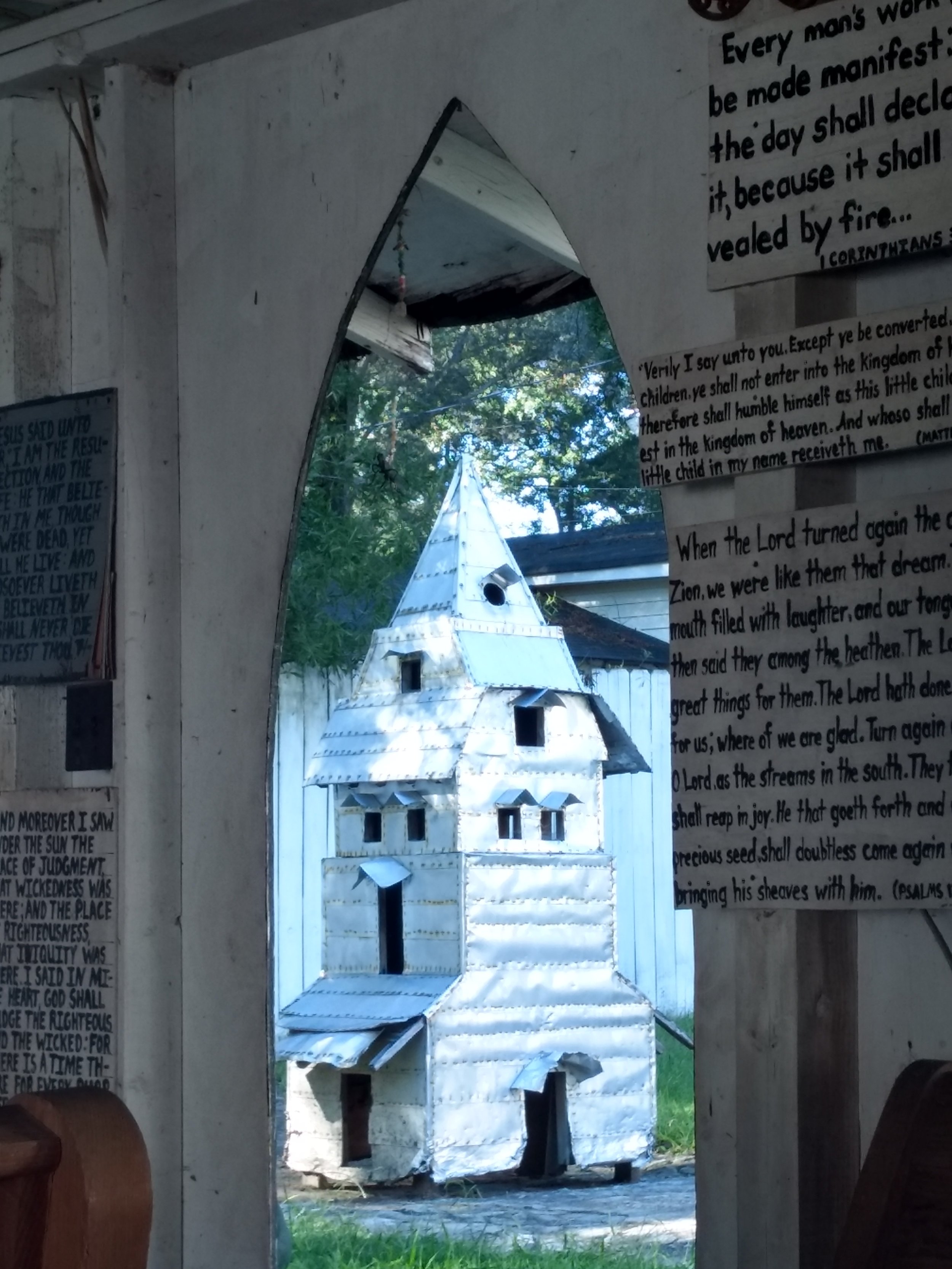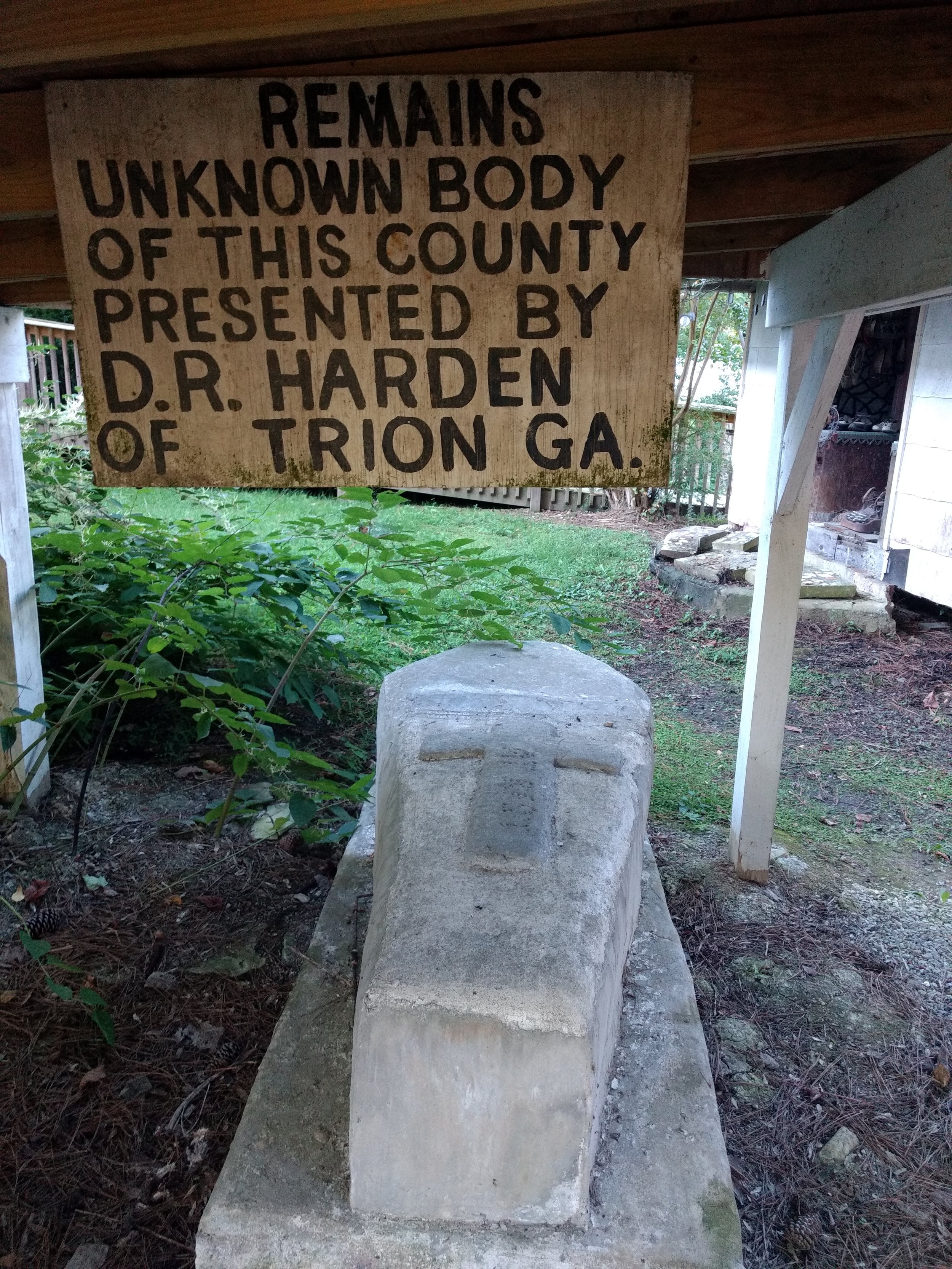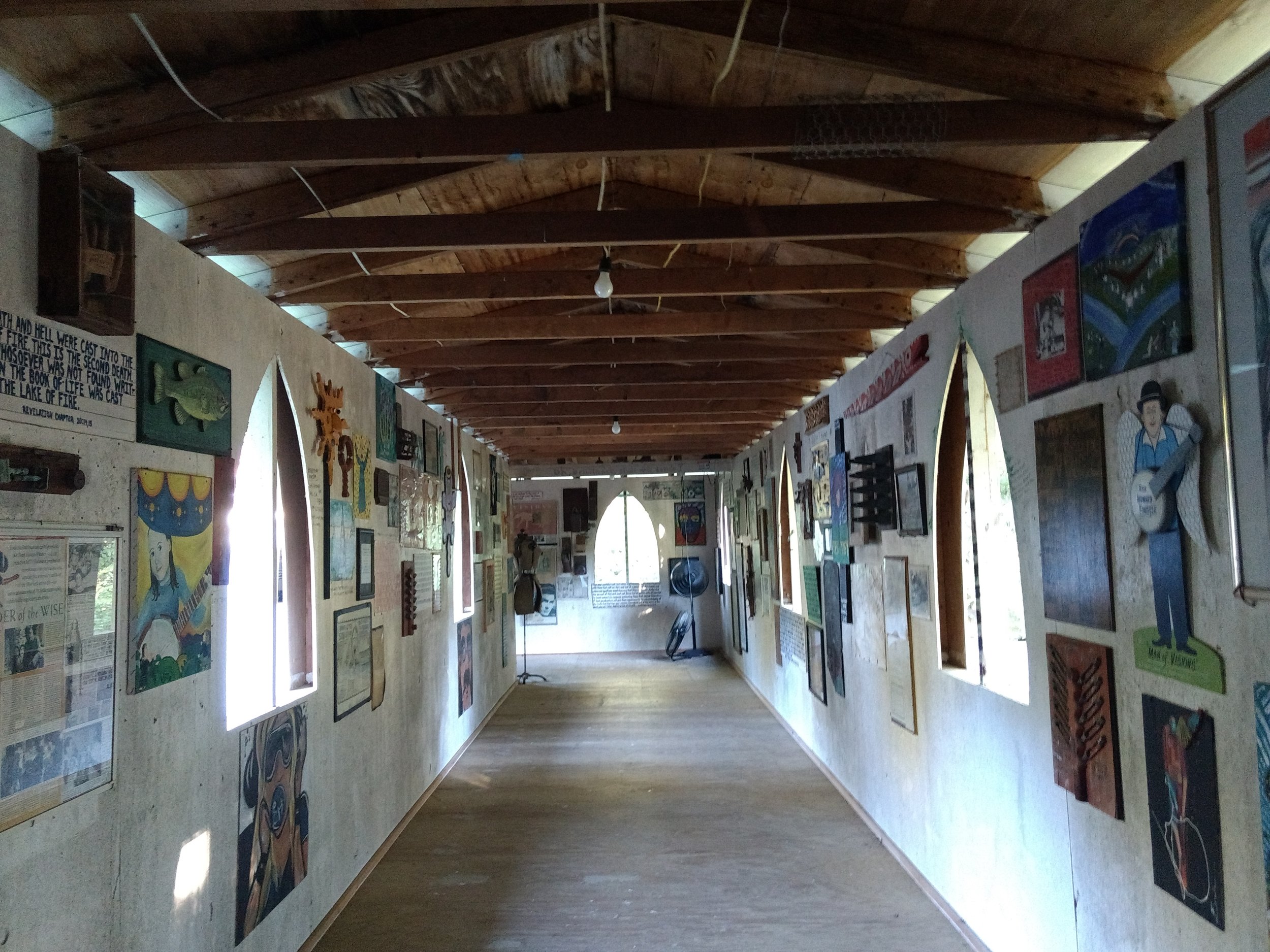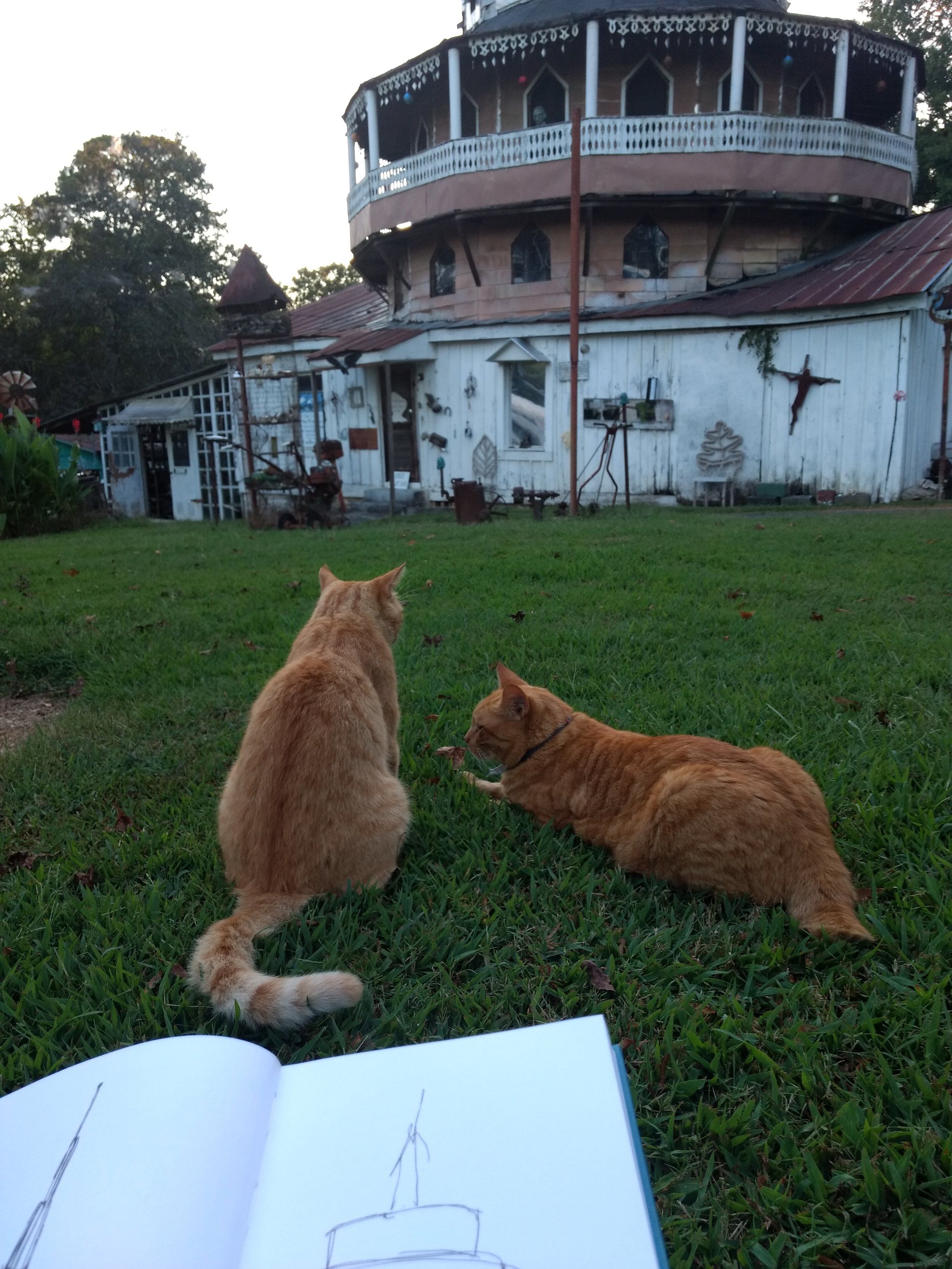“How often have I lain beneath rain on a strange roof, thinking of home.”
― William C. Faulkner
We read As I Lay Dying in high school. It was an annoying and seemingly Beckett trek through nonsense and ridiculous southern jargon. It was set in a place i did not care for, and the characters were awful folks, each one. We joked about the chapter that simply read, “My mother is a fish.” Eye roll after eye roll, and a dozen pained sighs. May have read The Sound and the Fury also, but don’t remember getting too far into it, it was like climbing through word briers in the dark.
We read Kate Chopin’s The Awakening, too, and Zora Neale Hurston’s Their Eyes Were Watching God. Never would have expected to ever re-read that annoying symbol-filled nonsense. Yet, in college, i went back in. Turns out Chopin’s Edna was not a horrible selfish mother. Turns out Hurston’s Janie was not an equally selfish rambling woman. So what about Faulkner?
It began with a friend’s copy of Light in August, then Go Down Moses, and The Wild Palms. With time, i thought maybe i understood. In the cold Kentucky winter, it felt like the heat back home. The dust came off the road and the humidity wrapped around me. People talked in a way that reminded me of folks. That was it, i was gone.
The mining of his work began in 2018 at my artist residency, underlining old sayings or particular phrasing that was black-snake vivid home-past-speak. His intensity, his preference for drinking, his scribbling on his walls, his anger, his need to create. They all got me, i imagined i could identify with this ghost. With all of my heroes, i don’t want to ever learn too much - i don’t want my glass castles pebbled down.
His bio can be found here. He lived in New Orleans for a time, he reached modest acclaim, he created his own county, his own people. He hated air-condition, and liked a good drink. He died a little mysteriously, he wrote his most famous book in six weeks, he was 5 1/2 feet tall. He raised mules.
It is worth saying that his language at times, and perspective - obviously - can be thought of as outdated. Having just finished Flags in the Dust, the way Faulkner broaches old southern pride via his chacters to the point of buffoonery says all i could say about it.
So, i’ll leave you with that, now. These photos are from a long ago trip to Oxford and Rowan Oak. In my next two posts i’ll share some of my Faulkner-driven sketchbook pages and a particular passage that is an ode to the southern mule.
“Don't be 'a writer'. Be writing.”
― William Faulkner
